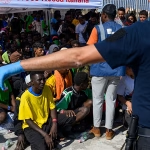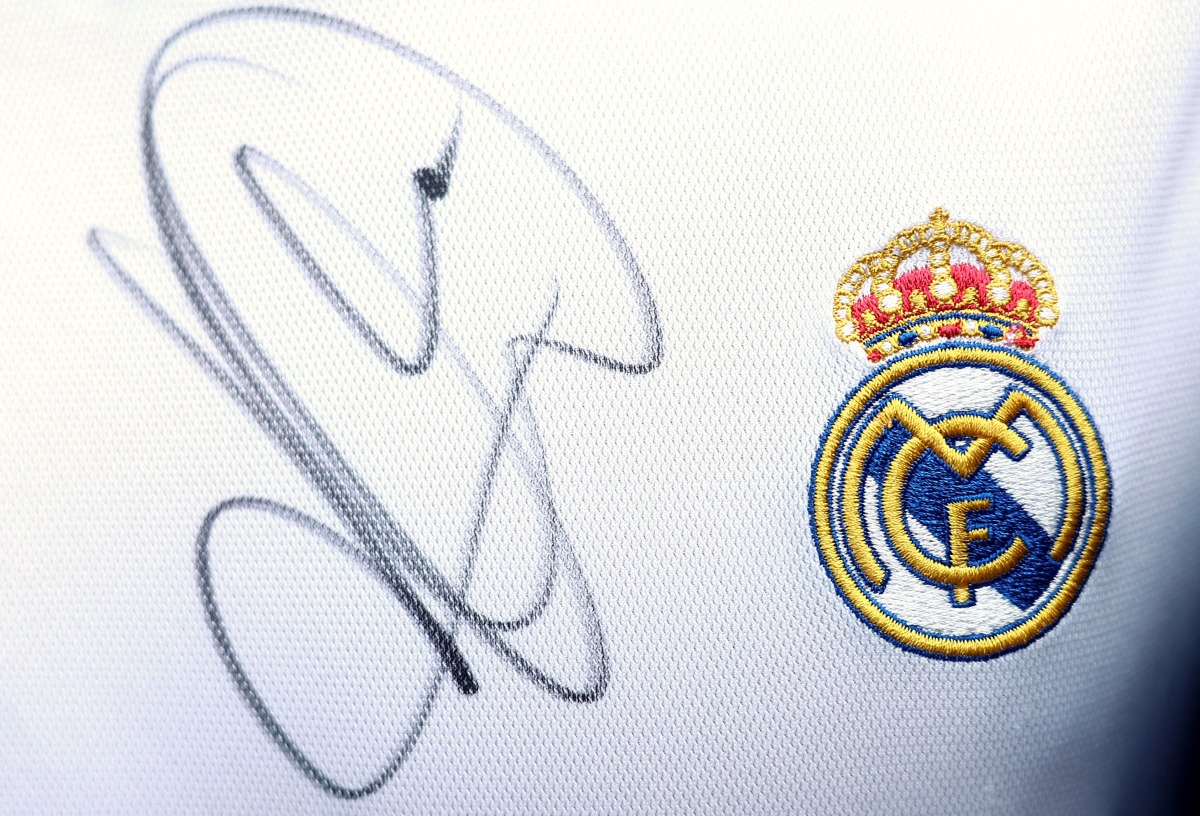With the UEFA Euro 2024 Football Championship just around the corner, excitement is building among fans and counterfeiters alike. Spanish police recently made a significant bust, seizing over 11 tonnes of knock-off football team shirts in a crackdown on counterfeiting. The jerseys featured logos of various Spanish football clubs and European national teams, all destined for illicit distribution through street sales, social networks, and websites. The total value of the seized items exceeded six million euros, including over 36,500 counterfeit jerseys.
The investigation began in April when Spain intercepted two tonnes of counterfeit football jerseys from China, leading authorities to uncover a larger scheme involving criminal organizations planning to flood the market with fake sports kits ahead of the champions league final and Euro 2024. The operation is ongoing, with police conducting searches of 15 heavy-duty trucks to uncover the extent of the counterfeit merchandise being smuggled into the country. Counterfeiting is a global issue that affects a wide range of industries, estimated to make up 2.5 percent of world trade by the Organisation for Economic Cooperation and Development (OECD).
The champions league final, set to take place at Wembley Stadium in London, will see Real Madrid face off against Borussia Dortmund in a bid to secure their fifteenth European club prize. Meanwhile, the UEFA Euro 2024 championship will be hosted by Germany from June 14 to July 14, with football fans eagerly awaiting the tournament. The photograph showing France’s forward Kylian Mbappe signing an autograph on a Real Madrid jersey worn by a fan serves as a reminder of the excitement surrounding the upcoming events and the passion that fans have for their favorite teams and players.
Counterfeiting not only poses a threat to legitimate businesses and the economy but also raises concerns about the safety and quality of counterfeit products. Whether it’s luxury watches, leather goods, electronic equipment, or sports jerseys, counterfeit goods can often be of inferior quality and lack the durability and safety standards of authentic products. Consumers who unknowingly purchase counterfeit items may be at risk of receiving substandard products that do not meet industry regulations or pose health and safety hazards.
As the demand for official merchandise and memorabilia continues to grow among sports fans, the prevalence of counterfeit goods remains a challenge for authorities tasked with combating intellectual property theft and protecting consumers from fraudulent products. By cracking down on counterfeiting operations and raising awareness about the dangers of purchasing fake goods, law enforcement agencies can help safeguard the integrity of sports events and ensure that fans can enjoy the excitement of the game without falling victim to counterfeit scams.
In conclusion, the recent seizure of counterfeit football team shirts by Spanish police highlights the ongoing battle against counterfeiters ahead of the champions league final and Euro 2024. As fans gear up for the upcoming football events, authorities are working diligently to disrupt illegal supply chains and prevent the distribution of fake merchandise. By raising awareness about the risks associated with counterfeit goods and implementing measures to combat intellectual property theft, law enforcement agencies can protect consumers and preserve the integrity of the sports industry. As football enthusiasts eagerly await the kick-off of the UEFA Euro 2024 championship, efforts to tackle counterfeiting will play a crucial role in ensuring a safe and authentic experience for fans worldwide.









